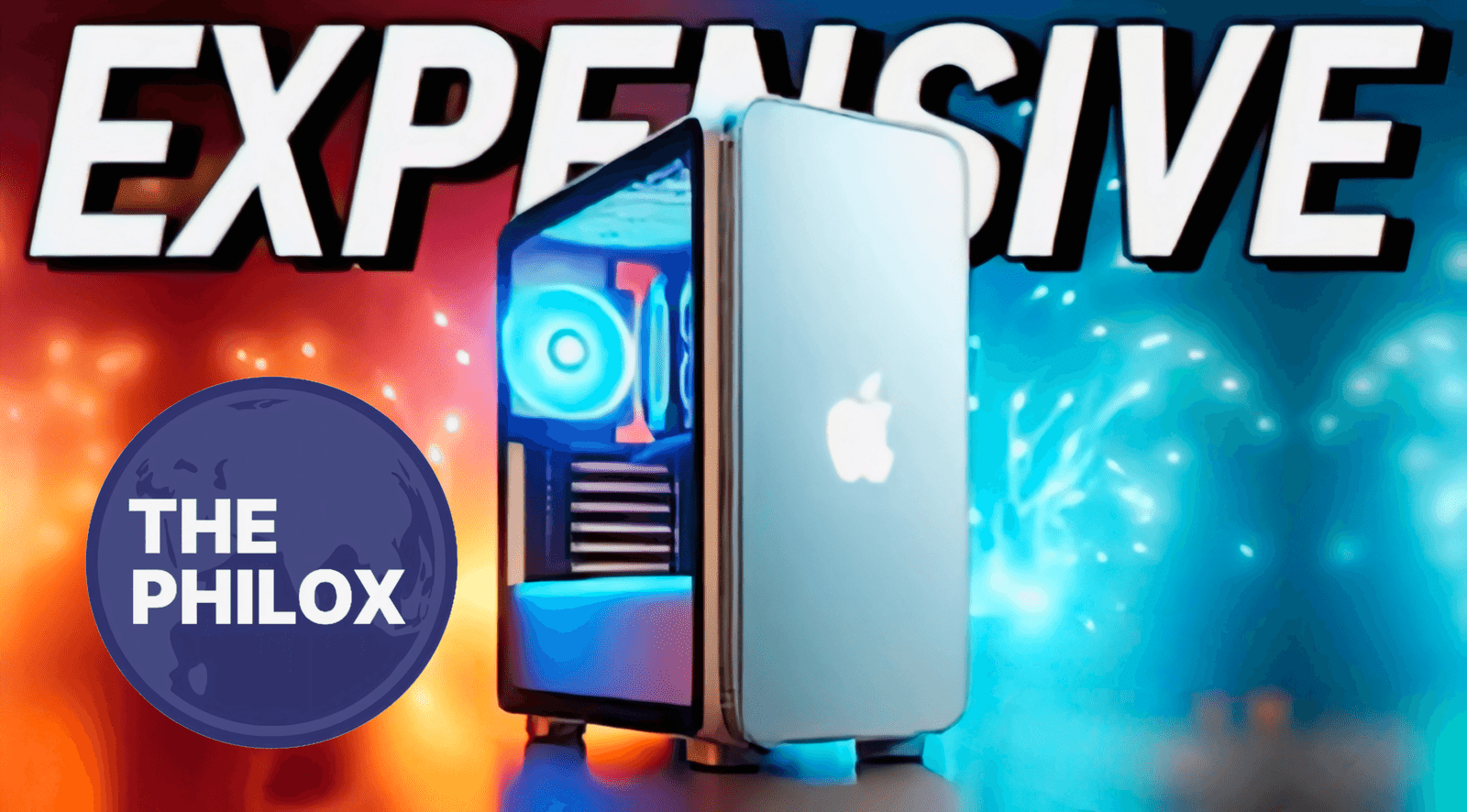This is a very crucial and well-researched article that has been presented by Legal Maestros that challenges the constitutional, statutory, and political issues concerning the supposed activities of Eduquity Career Technologies. The significant article can be opened by the following link :
The accusations relate to mass hiring anomalies, potential frauds in other competitive examinations and doubtful political contributions. In bringing out these concerns, the work by Legal Maestros exemplifies the trend of investigative legal journalism, characterized in its constitutional acumen and its comparative practical knowledge of administrative law.
This extended discussion is an extension of their article where the landmark judicial precedents, statutory provisions and the similar views occurring in other Indian cases are given integration into the analysis. It also tries to analyze the constitutional ideas revolving around the purported acts as far as the Right to Equality under Article 14, Freedom of Speech and Expression under Article 19(1)(a) and the right to life and dignity under Article 21.
The Charges to Eduquity Career Technologies
Legal Maestros elaborates that Eduquity is a privately owned corporation focusing on conducting recruitment examination on behalf of government organizations and has been charged of criminal malpractices during taking the Staff Selection Commission (SSC) recruitment examination. It is alleged to leak paper and manipulate results with no transparency in evaluation procedures. The article further reminds that there have also been claims that Eduquity made major contributions in the form of political donations to ruling parties and at the same time rakes in the contracts with the government.
Legally speaking, particular allegations, on being found true, would also attract criminal consequences under Indian Penal Code (IPC) and Prevention of Corruption Act, 1988 and also whether the act of the state in question would amount to a breach of Article 14 of the Constitution as an act of arbitrary exercise. The foregoing case was from E.P. Royappa v. In State of Tamil Nadu (1974), it was established by the Supreme Court that arbitrariness is the opposite of equality. It might comprise an unconstitutional violation should the state award the contracts to a politically connected corporation, which it was fully aware or which should have been found out by the state through non-transparent bidding.
Dimensions of the Constitution: Article 14, 19(1)(a), and 21
Law Maestros has gone to the correct extent and puts the matter in the constitutional context. Three fundamental rights are involved in the charges:
Article 14- Equality before a law and non-arbitrariness
Interpretation of Article 14 as given in the case, Maneka Gandhi v. Union of India (1978) implies not merely the principle of non-discrimination, but a ban on arbitrary state action as well. Suppose a government agency makes a contract or deals with a non-governmental agency, which has developed corrupt activities or operate based on partisanism considerations, the move may not pass the reasonableness and fairness test.
Article 19(1) ( a ) Right to Information and Protest
The two-part test is presented with protests staged by the SSC aspirants that were curbed quickening a Bijoe Emmanuel v. A matter of State of Kerala (1986) kind in which the freedom of expression of an opinion without coercion was granted. Also, in State of Uttar Pradesh v. The Supreme Court identified that the intention to have the right to know is inherent in an Article 19(1)(a) in Raj Narain (1975). The prohibition of the presentation of recruitment information or exam transparency reports may even be a constitutional violation.
21 Right to Life with Dignity
It happened in Olga Tellis v. In Bombay Municipal Corporation (1985), the Court had broadened Article 21 to entitle the right to livelihood. It is through competitive exams that a person may be allowed such livelihood. When deserving candidates are deprived of their legitimate opportunities under Article 21 due to systemic corruption then this becomes a violation of their fundamental right to Article 21.
Political Donations Question
The article by Legal Maestros states that Eduquity supposedly made charitable contributions to political parties through electoral bonds, which is a problem of conflict of interest. In Association of democratic reforms v. In the case Union of India (2002) the Court pointed out the necessity of bringing transparency in political funding so as to uphold the authenticity of the democracy. Recently in Anjali Bhardwaj v. In Union of India (2024), the Supreme Court declared certain provisions of the electoral bonds scheme illegal because they allowed anonymous donations.
When the donations were given by Eduquity during the time or before getting the recruitment contract, it will be questioned under the Prevention of Corruption Act, especially Sections 7 and 13 which deal with receiving undue advantage in consideration of official acts. The emergence of the quid pro quo erodes the trust with the government.




